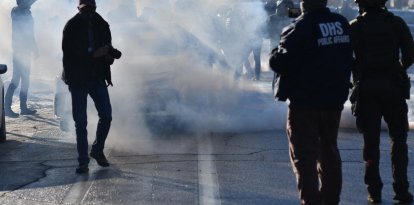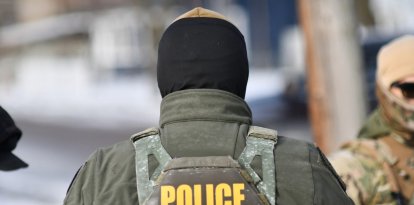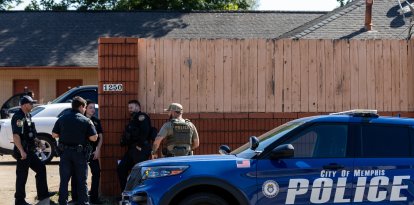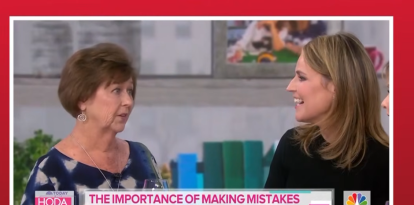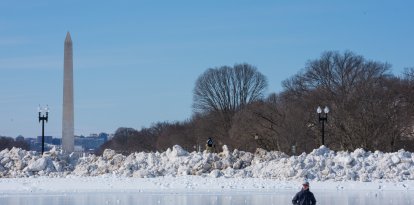The Supreme Court evaluates the creation of the first public religious school in the country
The decision, expected in the next few months, could redefine the boundaries between religious freedom and the separation of church and state established by the Constitution.

File image of a classroom.
The U.S. Supreme Court heard arguments Wednesday in a case that could allow the creation of the nation's first publicly funded religious charter school, the St. Isidore of Seville Catholic Virtual School in Oklahoma.
The decision, expected in the coming months, could redefine the boundaries between religious freedom and the separation of church and state established by the Constitution.
The case stems from an Oklahoma Supreme Court decision last year, which invalidated a state contract to open St. Isidore Catholic Virtual School of Seville, a charter school that planned to teach an explicitly religious curriculum.
Proponents of the school argue that its approval would promote religious freedom and expand educational options, while opponents warn that it would violate the constitutional ban on establishing an official religion.
During more than two hours of oral arguments, the conservative Supreme Court justices showed openness toward allowing the Catholic Church to operate this charter school, although they also raised questions about the implications of such a decision.
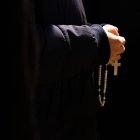
Society
Connecticut school district suspends Catholic teacher for refusing to remove cross beside desk
Williams Perdomo
Central to the debate was whether a publicly funded religious charter school should be considered a government entity or a private actor.
Judge Neil Gorsuch expressed concern about a possible "boomerang effect," suggesting that a ruling in favor of the school could lead some states to impose more regulations on charter schools in general.
The justices also examined how this case relates to three recent Supreme Court decisions that have allowed some flow of public funds to religious organizations in specific contexts, such as infrastructure funding for playgrounds, school tuition, and tax credits.
However, Chief Justice John Roberts noted that these cases involved "fairly discrete" state interventions compared to the establishment of a religious public school, questioning what precedent would support intervention of this magnitude.
Supporters of St. Isidore's, represented by Jim Campbell of the Alliance Defending Freedom, argue that states cannot discriminate against religious institutions by excluding them from publicly funded programs, such as charter schools.
On the other hand, opponents argue that funding a school that teaches religion with taxpayer money crosses the constitutional line prohibiting government establishment of religion.
The case will be decided by eight of the court's nine justices, as Justice Amy Coney Barrett recused herself because of her friendship with a University of Notre Dame professor who advised St. Isidore.
With a makeup of five conservative and three liberal justices, a tie vote would uphold the Oklahoma Supreme Court's decision banning the school. If the three liberal justices oppose the school, a single conservative vote against it could be decisive.
















